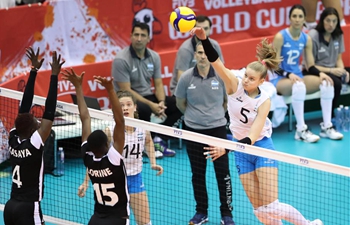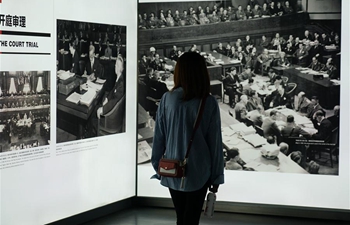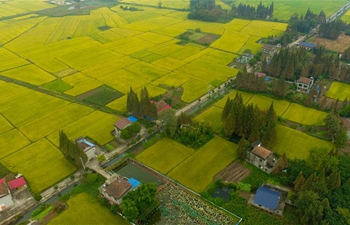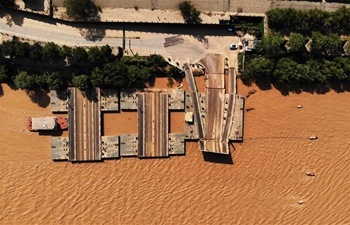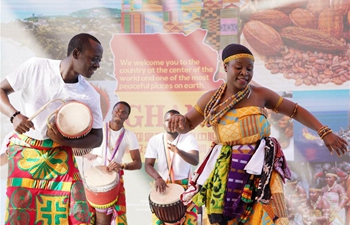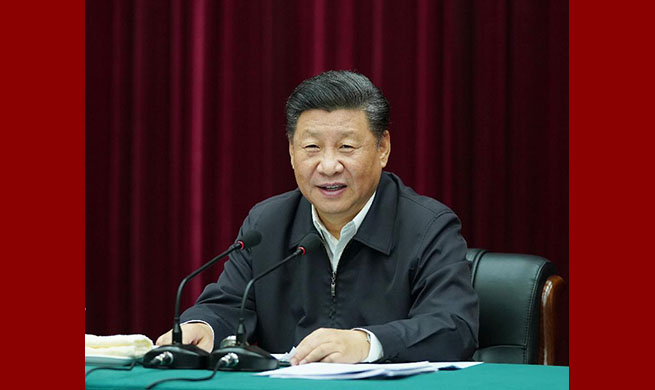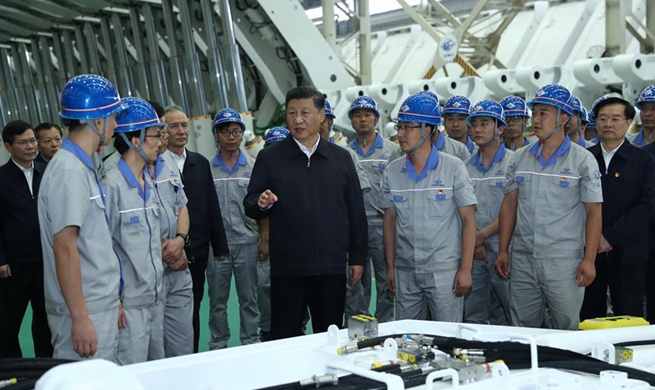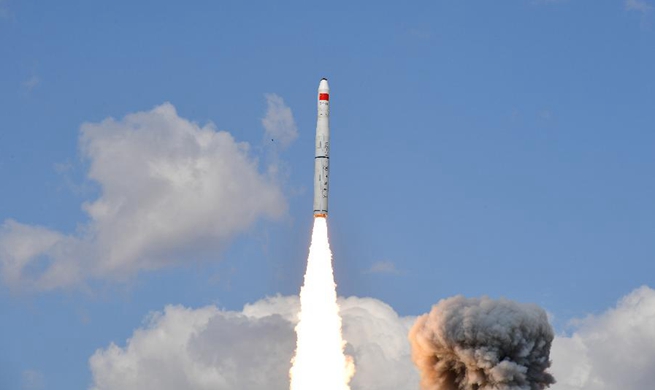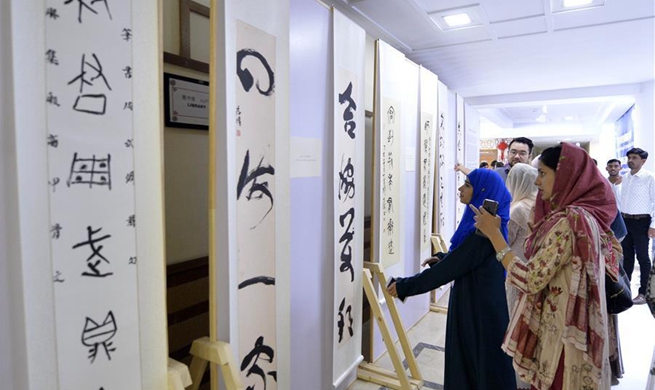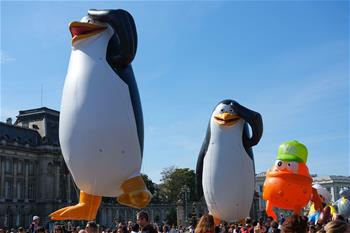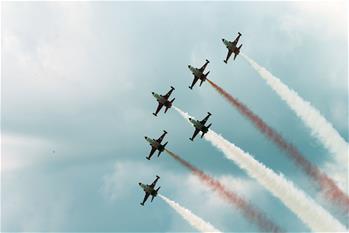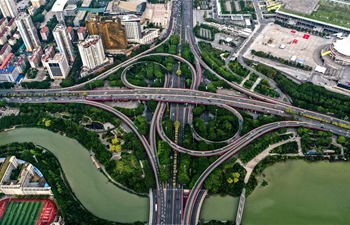UNITED NATIONS, Sept. 18 (Xinhua) -- The top UN envoy for South Sudan on Wednesday called for efforts to maintain the momentum of peace in light of an agreement on the formation of a transitional government.
The recent meeting between President Salva Kiir and former Vice President Riek Machar in Juba was an important development, David Shearer, the UN secretary-general's special representative for South Sudan, told the Security Council.
The agreement on the formation of a transitional government is a positive step because it maintains the momentum of peace and bolsters confidence among South Sudanese, said Shearer.
"The formation of the transitional government provides an opportunity to lift our gaze from immediate challenges and look over the horizon toward elections, expected at the end of three years of transition," he said. "The challenge remains, of course, to show tangible results."
The peace process remains precarious, but progress is being made, he said. "Maintaining momentum is the absolute key. And that depends very much on the continuing good will of the parties as well as the collective and unrelenting focus of its international friends to support the formation of a transitional government."
The formation of a transitional government is in line with the Revitalized Agreement on the Resolution of Conflict in South Sudan signed a year ago although the deadline for such a government was postponed by six months -- now by Nov. 12.
One year on, peace is beginning to pay dividends for the people of South Sudan, noted Shearer.
The cease-fire largely continues to hold. Political violence and subsequent displacement have decreased markedly.
Opposition members continue to work in Juba alongside government counterparts on implementing key elements of the peace agreement. More than 130 rapprochements held across the country demonstrate confidence and commitment at the grassroots level.
Food security has improved with 5 percent fewer people now facing crisis or acute food insecurity compared to last year. Displaced families and refugees returning home mean more crops are being planted while improved security has enhanced access to markets and humanitarian access, he said.
But Shearer stressed that about 6.3 million people, or 54 percent of the population, remain food insecure and have limited access to health care. Child malnutrition has also increased.
Administrative impediments are still too frequent. The UN mission in South Sudan, which he leads, has been blocked by the government from accessing areas where civilians and convoys require protection, he said.
Shearer also noted that there is mounting resentment amongst South Sudanese toward elites amassing wealth while they remain among the poorest in the world.
The government's budget is 46 percent higher than last year with no indication of how a financing gap of half a billion U.S. dollars will be funded. There is also little transparency about where oil revenue is being spent.
Reports of government expenditure have not been received since the first quarter of 2017/18. Meanwhile, the salaries of civil servants, including teachers, health workers and police officers, are often months late, he said.
Criminality remains a serious problem with random attacks on civilians, most commonly by unpaid soldiers and former combatants, said the UN envoy.
Shortly after its independence from Sudan in 2011, South Sudan plunged into civil war. At least 300,000 people are estimated to have died in war since late 2013. Some 1.8 million people are displaced within South Sudan, 2.5 million others have fled to neighboring countries.




